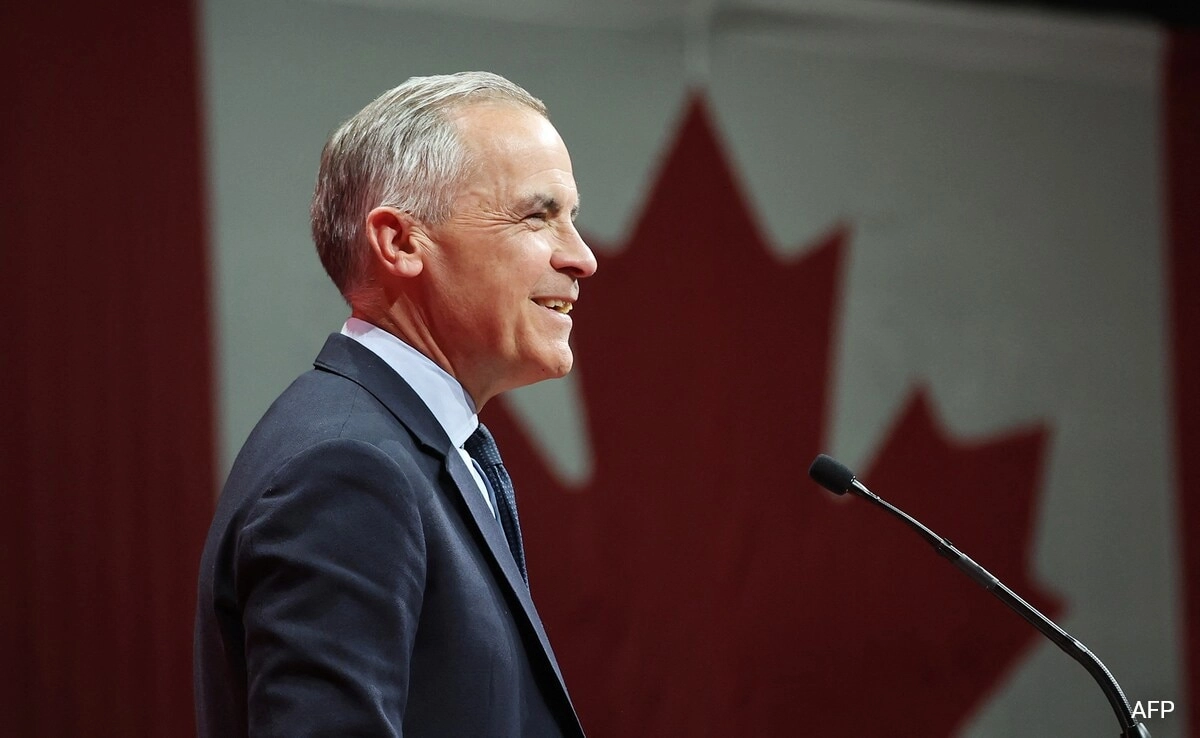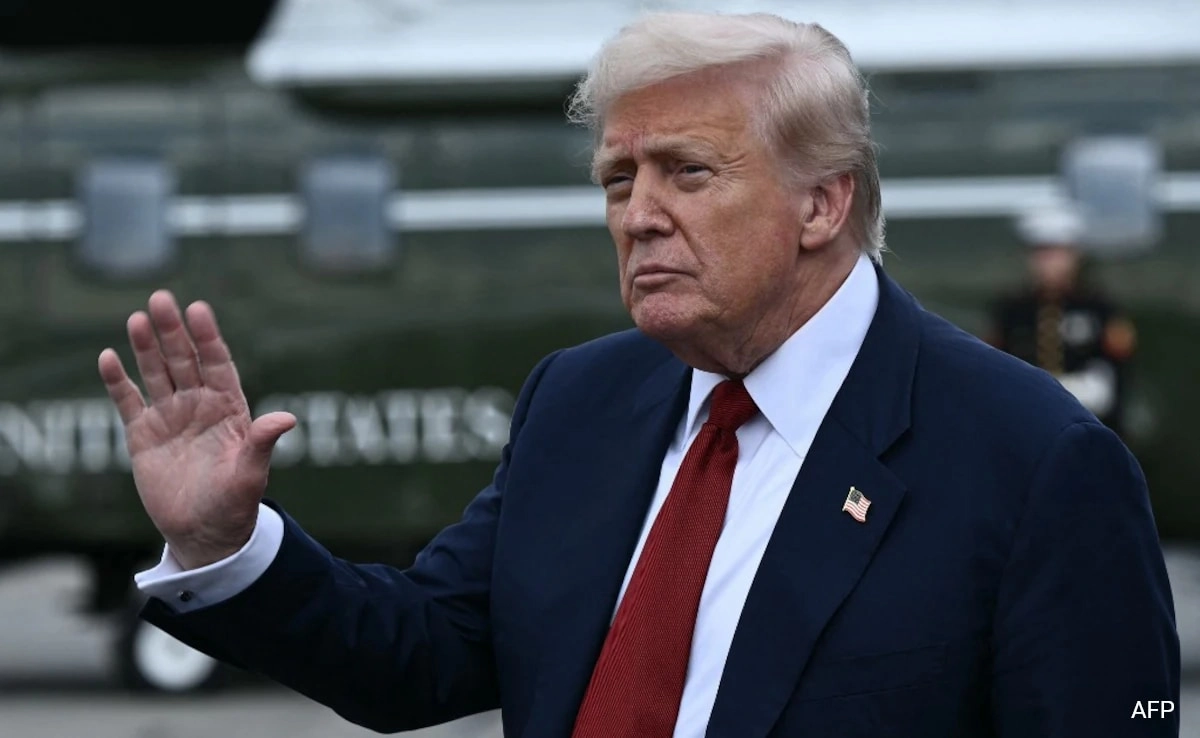In the aftermath of the recent Canadian elections, the political landscape has witnessed a significant shift with the Liberal Party emerging victorious. This outcome has not only reaffirmed Prime Minister Justin Trudeau’s leadership but also sparked a wave of reactions both domestically and internationally. Among the noteworthy responses was a strong message from Mark Carney, the former Governor of the Bank of Canada and a prominent figure in global finance. Carney’s remarks were particularly aimed at former U.S. President Donald Trump, emphasizing the importance of unity and cooperation in addressing global challenges.
Carney’s statement underscored the necessity for leaders to prioritize collaboration over divisive rhetoric, especially in an era marked by economic uncertainty and climate change. He highlighted the potential consequences of isolationist policies, advocating instead for a collective approach to tackle pressing issues that transcend national borders. The former banker’s comments resonated with many Canadians who value inclusivity and shared responsibility in governance. As the Liberal Party prepares to implement its agenda, the implications of Carney’s message point to the need for constructive dialogue among world leaders.
Furthermore, the election results have sparked discussions about the future direction of Canadian politics. With the Liberals holding a majority, there is an expectation for progressive policies aimed at addressing social inequalities and environmental challenges. This victory also serves as a reminder of the ongoing political polarization in North America, where leaders like Trump continue to exert influence. The contrasting visions of governance highlight a crucial divide that will require careful navigation in the coming years.
As Canada moves forward, the interplay between domestic policies and international relations will be critical. Carney’s call for unity could serve as a guiding principle for the Liberal government, particularly in fostering partnerships with neighboring countries. The election outcome not only shapes the future of Canadian politics but also sets the stage for how Canada will engage with global challenges, reflecting the interconnected nature of today’s world. With the spotlight now on how the Liberals will leverage their victory, the importance of dialogue, understanding, and collaboration cannot be overstated, especially in a time when global unity is more essential than ever.




